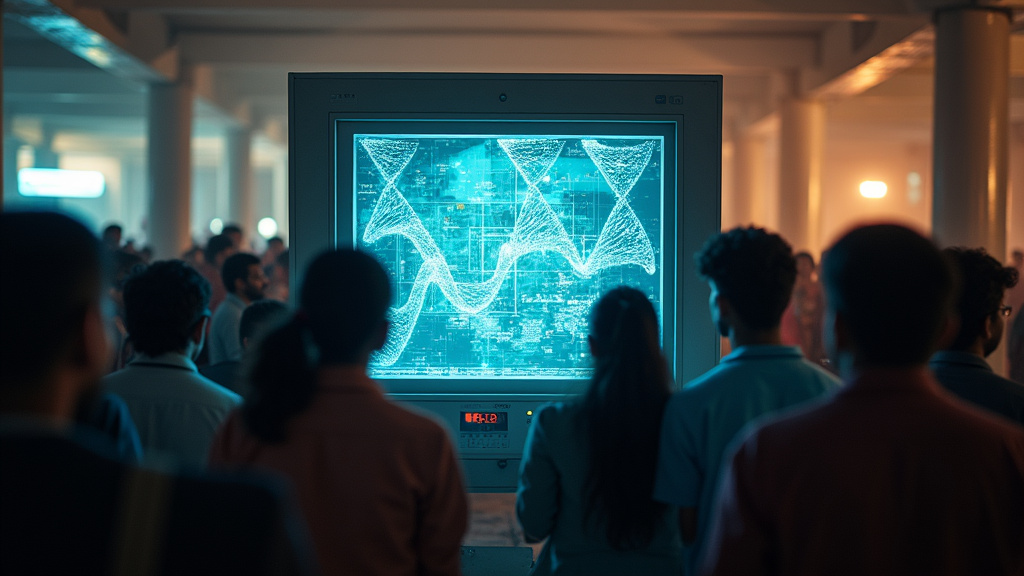Tensions are exceptionally high in Mali’s capital, Bamako, following a series of significant arrests within the military ranks. Dozens of soldiers, including two high-ranking generals, have been detained in what appears to be a sweeping crackdown by General Assimi Goita’s military government. While the government itself has maintained a notable silence on the matter, unofficial reports circulating widely suggest these detentions are directly linked to an alleged coup plot aimed at overthrowing the current leadership.
Unveiling the Allegations: An Attempt to “Destabilise the Transition”
The arrests have sent ripples of concern throughout the nation and the broader West African region. Though official confirmation remains elusive, a senior military officer, speaking on condition of anonymity due to the sensitivity of the situation, indicated that the apprehended soldiers were detained for attempting to “destabilise the transition.” This phrasing strongly implies an effort to subvert the established, albeit military-led, political order.
Among those reportedly taken into custody are Air Force General Nema Sagara, a prominent figure within the Malian military hierarchy, and former military governor Abass Dembele. The detention of such senior officers underscores the gravity of the allegations and suggests a perceived significant threat to the ruling junta’s authority. The exact timeline of the arrests and the specific charges they might face remain unclear, further fueling speculation and anxiety in Bamako.
Unprecedented Internal Crackdown
This marks a profoundly significant development in Mali’s recent political history. It is the first time Mali’s military has taken direct action and cracked down on its own members for suspected involvement in a coup attempt. Prior instances of political upheaval have typically involved external challenges or shifts in power. This internal purge suggests a deep-seated distrust and a severe internal threat perceived by the Goita government. The current wave of arrests quickly became the trending topic across the capital, dominating discussions in public spaces and private conversations, reflecting the deep uncertainty among the populace.
A Climate of Frustration and Extended Rule
The timing of these arrests is particularly noteworthy, occurring amidst increasing public frustration across the country. The military government, which seized power in 2020 and solidified its rule in a second coup in 2021, has faced mounting criticism for its governance. A key point of contention is its highly controversial ban on political parties, which has effectively stifled dissent and limited civilian participation in the political process. This move has been widely condemned by civil society organizations and international observers, who view it as a regression of democratic freedoms.
Adding to the public’s disquiet is the government’s indefinite extension of power. Initially, the junta had promised a return to civilian rule within a specific timeframe, but these commitments have been repeatedly pushed back, leading to widespread disillusionment. This prolonged military rule, coupled with the suppression of political activity, creates a fertile ground for discontent, potentially contributing to the motivations behind the alleged plot.
Silence from the Top and Lingering Questions
The silence from the military government concerning these arrests is deafening and contributes to the highly volatile atmosphere. The lack of official statements leaves a void filled by unofficial reports and widespread speculation, making it difficult to ascertain the full scope and veracity of the alleged plot. This controlled information environment further heightens the existing tensions in Bamako, where the presence of security forces often remains visible.
This latest news out of Mali underscores the precarious nature of the country’s political transition. The detentions of high-ranking military figures on coup allegations signal an intense power struggle within the very institutions meant to uphold order. As the situation continues to unfold, the nation watches anxiously, grappling with the implications of this unprecedented internal crackdown and what it means for Mali’s already fragile stability.















